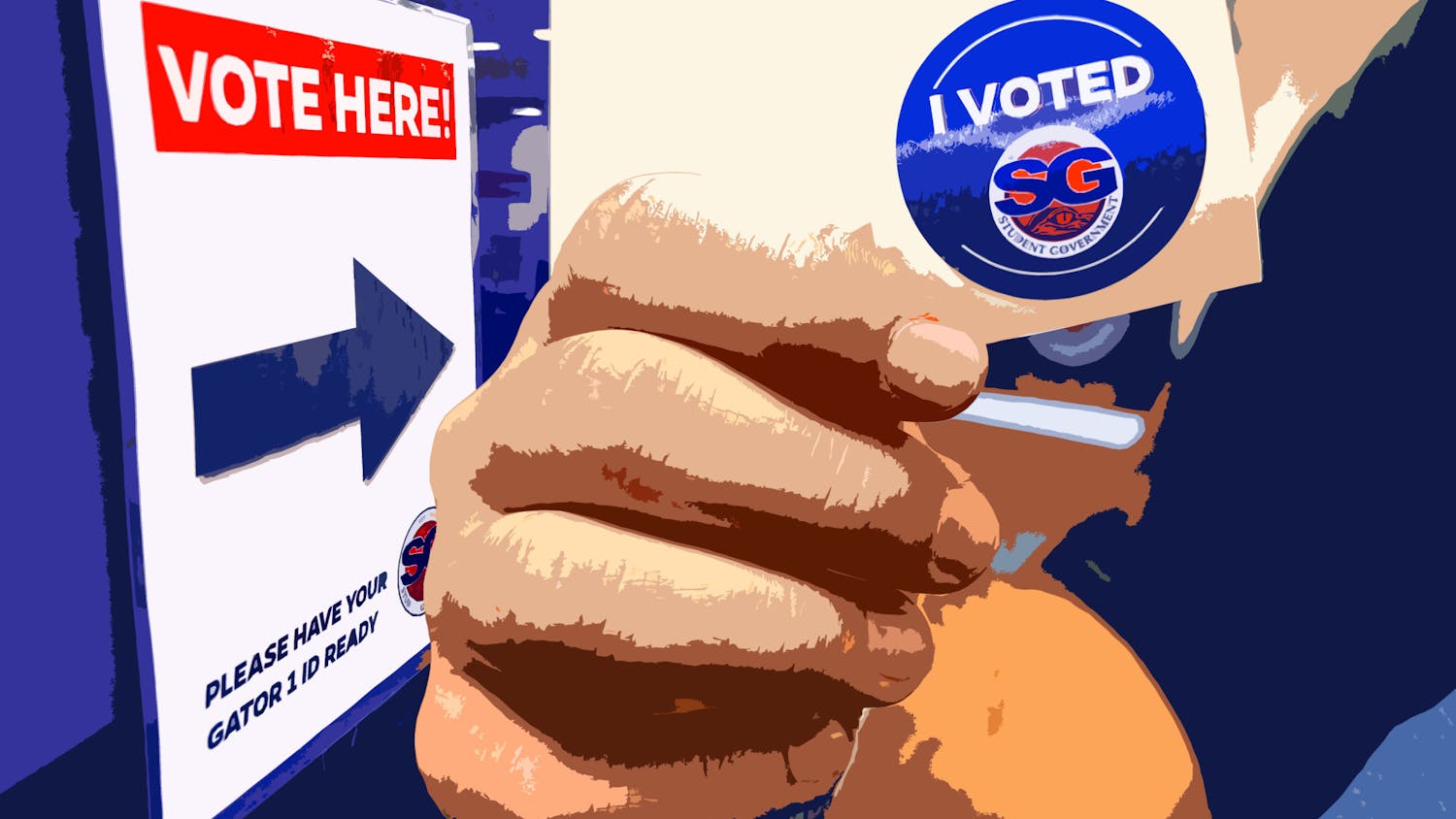Election Day came as a shock for many of us, and very few succeeded in predicting the outcome — not the academics, intellectuals or media, and certainly not the Hillary Clinton campaign.
From our cozy college bubbles, it is often difficult to see past Donald Trump’s outrageousness and understand the legitimate underlying grievances of the working class that led to his election. That Tuesday night showed us exactly just how divided America is, and how badly almost everybody failed to predict the results.
The media failed us in many ways throughout this election. Not only were the polls grossly skewed in Clinton’s favor, but they failed to put a human face on Trump’s supporters. Instead, they brushed them off as angry white men, racists and deplorables. Those who supported Trump were shamed into a corner, afraid to identify themselves as Trump voters, and it was perhaps this shame that caused the stark under representation of the Trump vote in the polls. This only gave the Clinton camp overconfidence as the Trump base continued to build itself up.
As easy as it is to dismiss Trump supporters with blanket generalizations, there is a significant base of blue-collar voters and others who have felt ignored by the political class, and who feel as if their country has been seized by a few powerful and privileged people who have brushed aside their social and economic grievances. Many who were tired of a culture of political correctness and censorship were energized by Trump’s breaking and rewriting of those cultural rules. Of course, there were also those who were hurt by President Barack Obama’s Affordable Care Act, which raised the premiums for the middle class astronomically. And there were those who were simply unhappy with President Obama and saw Clinton only as a third Obama presidency. It is this general feeling of discontent, however diverse in origin, that has attracted millions to Trump’s populist message and consolidated an unhappy populace under one umbrella. Trump managed to sell himself as the person giving expression and unity to all these disparate and unrelated frustrations, and this was the greatest political accomplishment of President-elect Trump.
Clinton and her associates failed to understand or connect to this massive base of disillusioned voters, the “forgotten men.” Instead, she went after Trump’s character, denouncing his racism and sexual harassment allegations, mistakenly believing that a teary speech by Alicia Machado, a former Miss Universe with a dubious past, was likely to convince a middle-class American to vote for Clinton. What her campaign failed to realize is that these ad hominem attacks were not likely to sway a Trump voter in her direction; she was simply preaching to her own choir.
However, it is important that Americans come together and respect the will of the rightfully elected president and members of Congress, as well as those who voted for them. It is time for reconciliation after this ugly and divisive election and for both parties, as well as the media, to learn from their mistakes. It is not the time for those who voted for Trump to gloat, and it is certainly not the time to shame those who voted for him. Instead, we must remain empathetic to our fellow Americans, faithful in our democracy and optimistic in the future of America.
Julian Fleischman is a UF political science and telecommunication senior. His column appears on Fridays.





